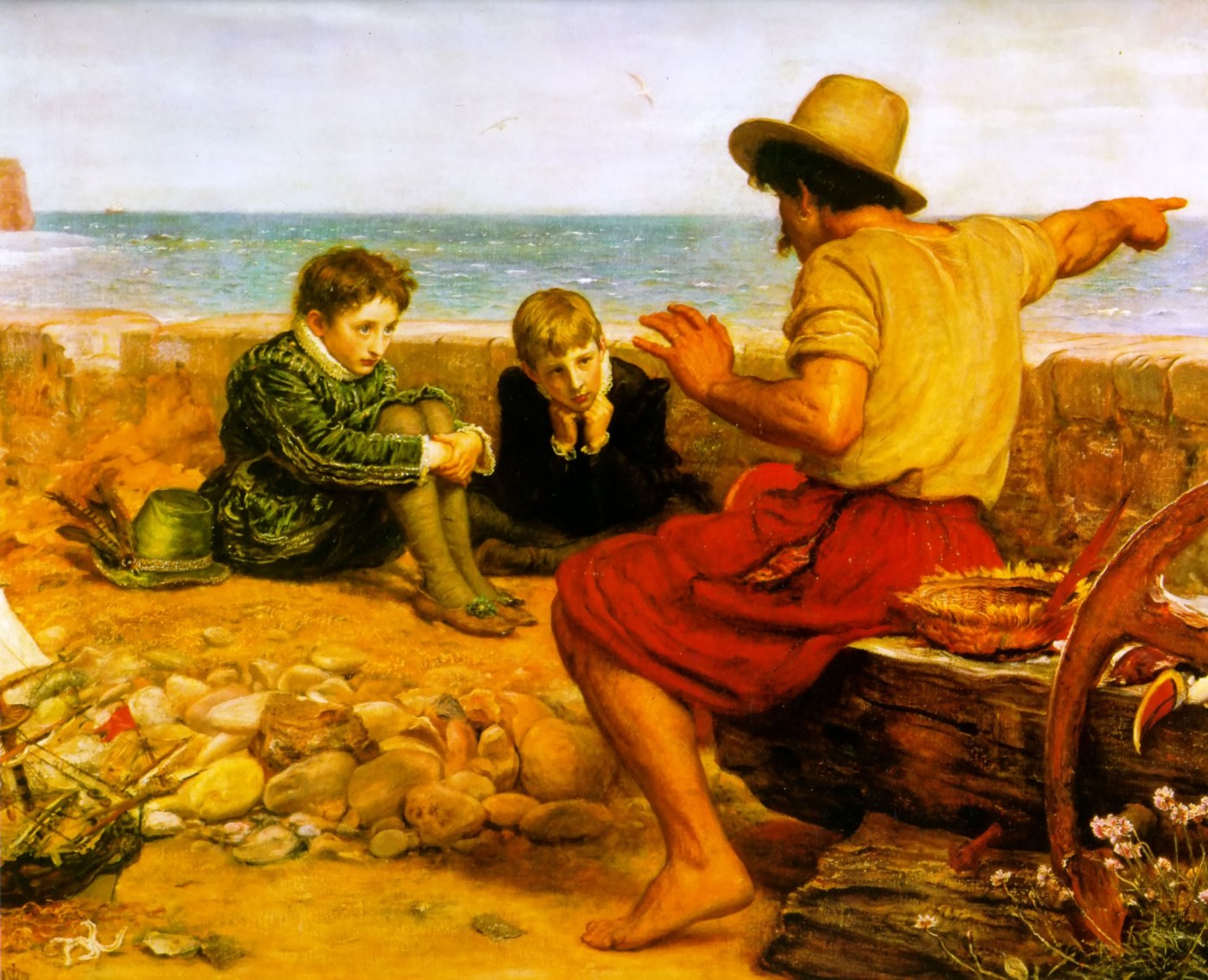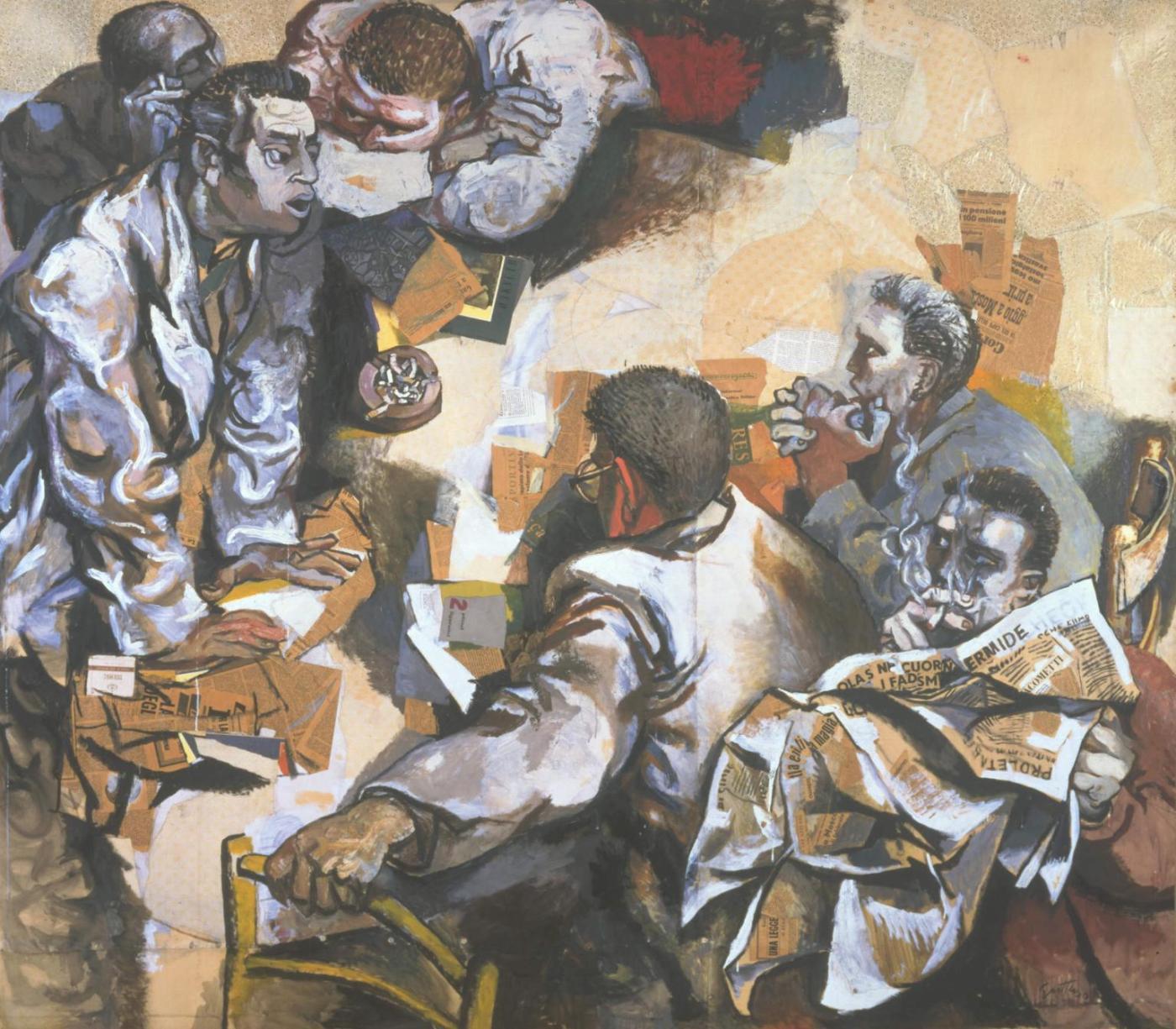INTRO: When I first learned to play the guitar, (i) I was influenced by lots of players – Eric Clapton, Gary Moore, and Richie Blackmore. I received my playing style from them. (ii)The players both influenced me and motivated me to play (I wanted very badly to be like them. They were not mere influences to learn from but heroes to imitate). (iii) I also needed some way to know that I was doing the right thing. I would play something and then check with their recordings that I was doing it right. (iv) On the other hand, any guitarist worth his salt must develop a unique style.
What most payers have is a combination of recognizable influences and unique contributions. If one does it well, then one will be a rock star!!
What Paul is going to argue today is that his gospel is neither the result of his influences nor is it his own spin. He received the gospel not from a human origin and he did not try to make it his own.
He will argue (i) that he heard the message from Christ himself, (ii) he was not motivated to become an apostle by the desire to be an apostle but was commanded by God himself,(iii) he needs no check with other apostles to see if he is doing it right, and (iv) the message is not his own and so he is not the star; God is. Continue reading “Ephesians 1:11-24”






